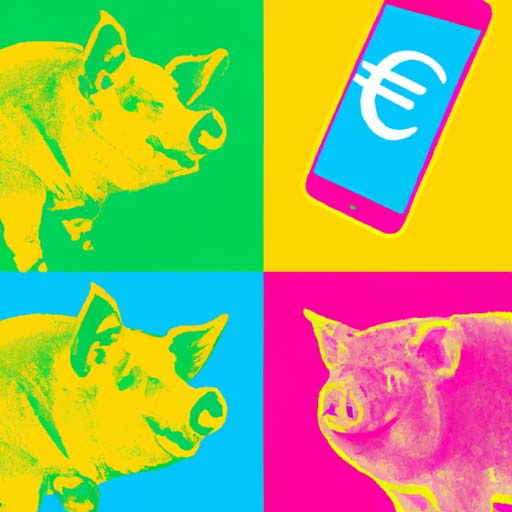- The Securities and Exchange Commission (SEC) has charged Mmobuosi Odogwu Banye, also known as Dozy Mmobuosi, and affiliated entities Tingo Group Inc., Agri-Fintech Holdings Inc., and Tingo International Holdings Inc.
- The charges relate to an alleged scheme to inflate financial performance metrics and fabricate financial statements since 2019.
- Mmobuosi faces additional charges, including lying to auditors, insider trading, and failure to disclose stock sales. The SEC seeks injunctive relief, disgorgement, civil penalties, and the return of bonuses and profits under the Sarbanes-Oxley Act.
The SEC has filed charges against Mmobuosi Odogwu Banye, highlighting an alleged financial fraud scheme since 2019. The scheme is believed to have inflated financial metrics through fabricated reports by involved entities and their Nigerian affiliates, Tingo Mobile Limited and Tingo Foods PLC. The SEC alleges that false information was propagated through press releases, SEC filings, and public statements, which led to overblown claims of financial prosperity.
The complaint implicates Mmobuosi in fraudulently obtaining significant funds for personal use, including making luxury purchases, private jet travel, and a failed attempt to buy an English Premier League football team. Charges against Mmobuosi go beyond violations of anti-fraud provisions, reporting, books and records, and internal controls violations. He is also accused of lying to auditors, participating in insider trading, and failing to disclose stock sales.
In response to the alleged acts, the SEC seeks various remedies, including injunctive relief, disgorgement, civil penalties, and the return of bonuses and profits under the Sarbanes-Oxley Act. As part of an emergency application, the SEC also seeks a temporary restraining order to freeze Mmobuosi’s assets and prohibit fund transfers and stock sales. The ongoing investigation involves the SEC’s New York Regional Office, with assistance from Nasdaq’s Enforcement Department.
In other related news, Finance Magnates reported the SEC charged eight Twitter influencers for orchestrating a pump-and-dump scheme to manipulate exchange-traded stocks. The influencers allegedly purchased specific stocks, encouraged their followers to do likewise, and then discreetly sold their shares at a profit when prices increased.



